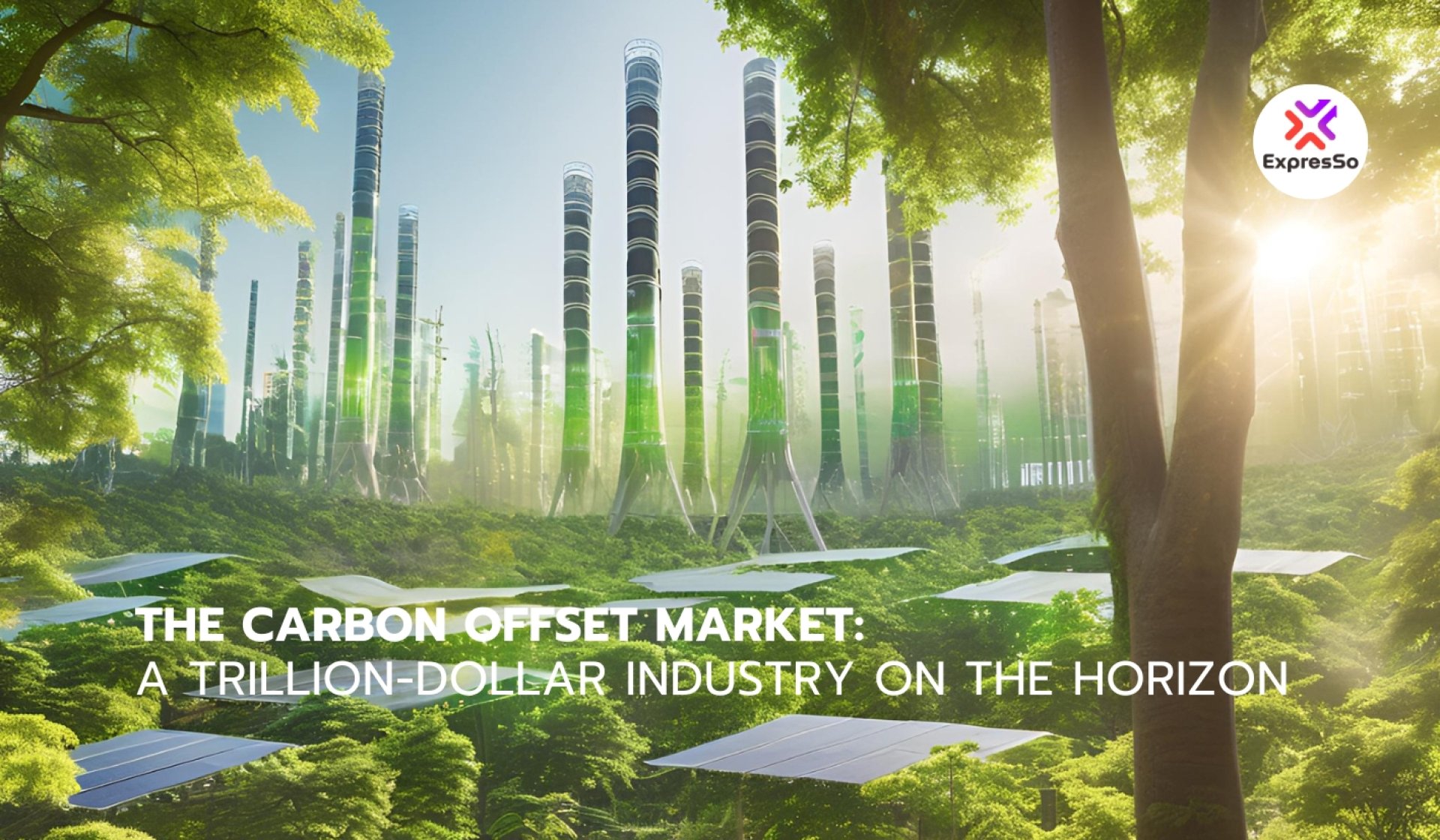The Carbon Offset Market: A Trillion-Dollar Industry

The world is rapidly moving toward a trillion-dollar carbon offset market, a sector poised for explosive growth in the coming decades. By 2050, it is estimated that the carbon offset industry will reach a staggering $15 trillion. Global giants like Disney, Microsoft, and Exxon Mobil are already investing billions, signaling a massive shift toward leveraging financial tools to combat climate change.
The rise of carbon offsets, also known as carbon credits, is creating an entirely new asset class within the financial world. These credits allow companies to offset their emissions by supporting projects such as reforestation, carbon capture, and regenerative agriculture. As these innovative credit types emerge, the market is diversifying rapidly, giving companies new opportunities to balance their environmental impact.
The Growth of the Carbon Offset Market
Investors are flocking to this market, eager to capitalize on the growing demand for carbon credits. For companies, purchasing carbon credits is one of the most financially viable ways to mitigate their carbon emissions and achieve net-zero goals. These credits are typically priced based on factors like their origin, age, geographical location, and market demand. As the market expands, the diversity of carbon credits continues to grow, with projects focused on reforestation, energy efficiency, and carbon capture becoming increasingly popular.
However, while the financial potential of carbon offsets is clear, the market's rapid growth brings with its significant challenges. Ethical considerations, regulatory hurdles, and questions about the true environmental impact of these credits are creating complex discussions in the world of climate action.
The Ethical and Environmental Challenges
As more companies invest in carbon credits, concerns have emerged about their effectiveness in achieving real, lasting environmental change. Critics argue that carbon credits may allow companies to buy their way out of responsibility rather than making the fundamental changes needed to reduce emissions. This has raised alarms about greenwashing, where companies could use carbon credits as a marketing tool without making meaningful progress on reducing their carbon footprints.
Additionally, there are questions about the reliability of some carbon offset projects. How can we be sure that a reforestation project or a carbon capture facility is delivering the emissions reductions it claims? Are these projects genuinely contributing to a cleaner planet, or are they simply a way for companies to meet regulatory targets without significantly altering their operations?
The Road Ahead: Building a Transparent System
Despite the challenges, the carbon offset market has the potential to play a critical role in the global fight against climate change. To maximize its impact, however, we must ensure that these credits are both meaningful and reliable. Companies and investors alike must work together to establish a transparent, fair, and accountable system that delivers real environmental benefits.
This requires a collective effort to improve governance, avoid greenwashing, and create frameworks for ensuring the genuine environmental impact of carbon offset projects. As this market continues to evolve, it will be essential to strike a balance between financial innovation and environmental integrity.
What Are Your Thoughts on the Future of Carbon Credits?
The rise of carbon offsets presents a fascinating opportunity to drive real climate action, but it's not without its complexities. What do you think about the future of carbon credits? Are they the answer to global sustainability goals, or are they just another corporate solution to avoid real change?
Let's explore the future of carbon offsets together.
Reference : worldenergytrade.com


